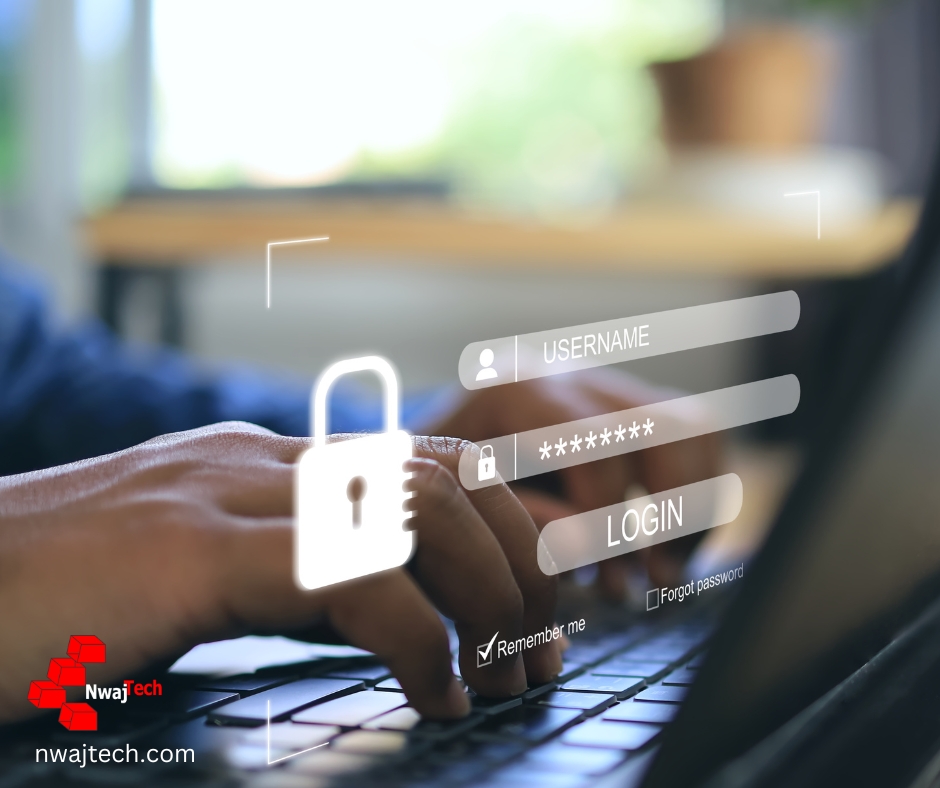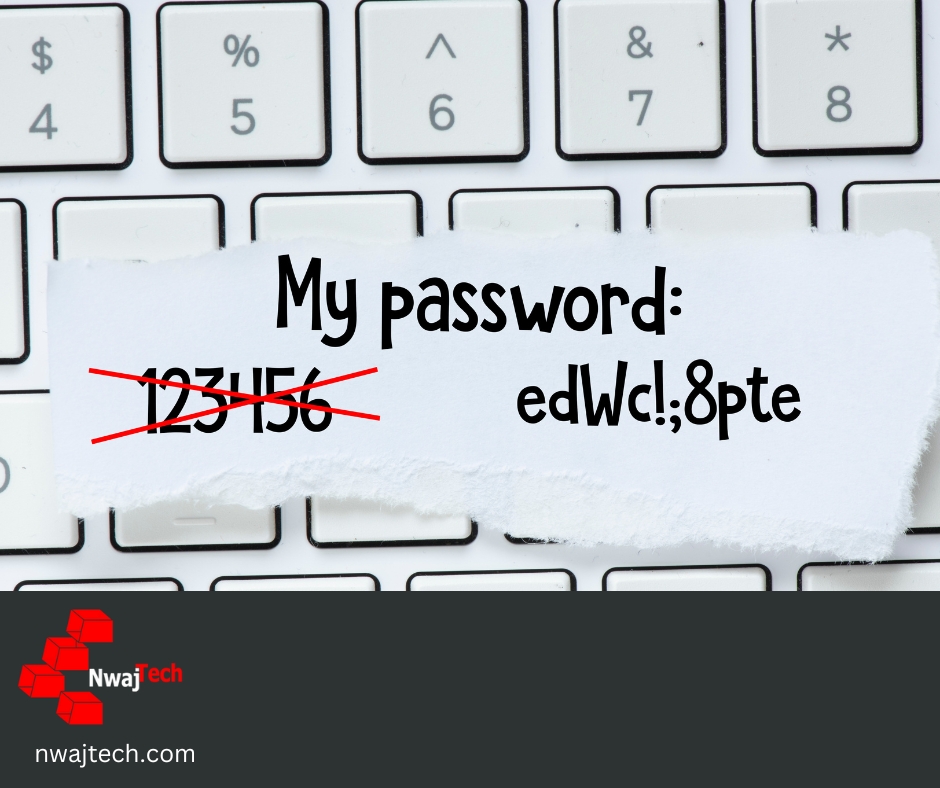
Creating Strong Passwords: Your First Line of Defense in Cybersecurity
In today’s digital age, securing your online presence has become as crucial as locking your front door. While advancements in technology have brought immeasurable convenience, they’ve also introduced a slew of potential vulnerabilities. One of the most effective and straightforward measures you can take to protect yourself online is to use strong passwords. In this blog post, we’ll dive deep into the importance of strong passwords and how you can create one that’s both secure and memorable.
Why Are Strong Passwords Important?
Passwords are the keys to your digital life. From personal emails to online banking, and from social media accounts to work-related platforms, passwords are what stand between your private data and cybercriminals. A strong password:
- Thwarts Brute Force Attacks: Cybercriminals use automated tools to guess passwords. A complex password makes this process extremely time-consuming.
- Prevents Unauthorized Access: If one account is compromised, unique strong passwords prevent that breach from granting access to all your accounts.
- Protects Personal & Financial Information: Strong passwords ensure your personal and financial details remain confidential.
 The Anatomy of a Weak Password
The Anatomy of a Weak Password
Before diving into creating strong passwords, let’s address common characteristics of weak passwords:
- Personal Information: Using easily guessable information like birthdays, names, or anniversaries.
- Common Words: Passwords like “password123” or “letmein.”
- Sequential Numbers or Letters: Avoid “123456” or “abcdef.”
- Repeating Characters: Passwords like “aaaaaa” or “111111.”
- Short Length: The shorter the password, the easier it is to crack.
How to Craft a Fort Knox-worthy Password
- Length is Strength: Aim for at least 12-16 characters.
- Mix it Up: Use a combination of uppercase and lowercase letters, numbers, and symbols.
- Avoid Dictionary Words: Cyber attackers use dictionary attacks, where they attempt every word in the dictionary. Mixing characters can thwart this.
- Use a Passphrase: Think of a memorable phrase and intersperse it with numbers and symbols. For example, “ILoveChocolateCake!” can become “1L0v3Ch0c0l4t3C4k3!”
- Steer Clear of Personal Info: Names, birthdays, or any publicly available information are a no-go.
- Update Regularly: Change your passwords periodically. Don’t wait for a breach!
The Magic of Password Managers
Remembering multiple strong passwords can be a Herculean task. Enter Password Managers. These tools:
- Generate Strong Passwords: They create random, high-strength passwords for you.
- Store Passwords Securely: They use encryption to keep your passwords safe.
- Auto-Fill Forms: They can fill in your usernames and passwords, saving you time.
Popular options include LastPass, Dashlane, and 1Password.
Enhance Security with Multi-Factor Authentication (MFA)
MFA is like adding a second lock to your door. Even if someone guesses your password, they’ll need a second piece of information to access your account. This could be a text message, an app notification, or even a fingerprint.
 In Conclusion
In Conclusion
Your password is your first line of defense in the vast world of cyberspace. With cyberattacks becoming more sophisticated, taking the time to create a robust password is not just a recommendation—it’s a necessity. Arm yourself with these tips and ensure that your online presence remains solely yours.
Remember, in the realm of cybersecurity, it’s always better to be proactive rather than reactive. Start by strengthening your passwords today!
